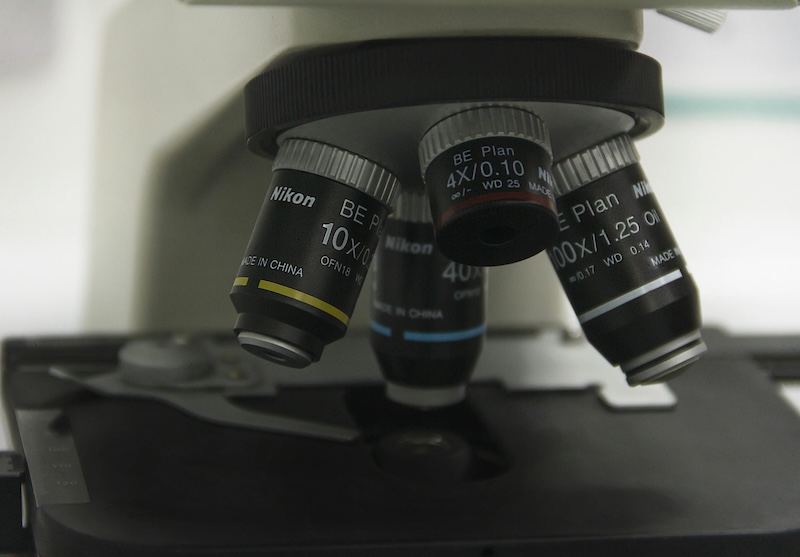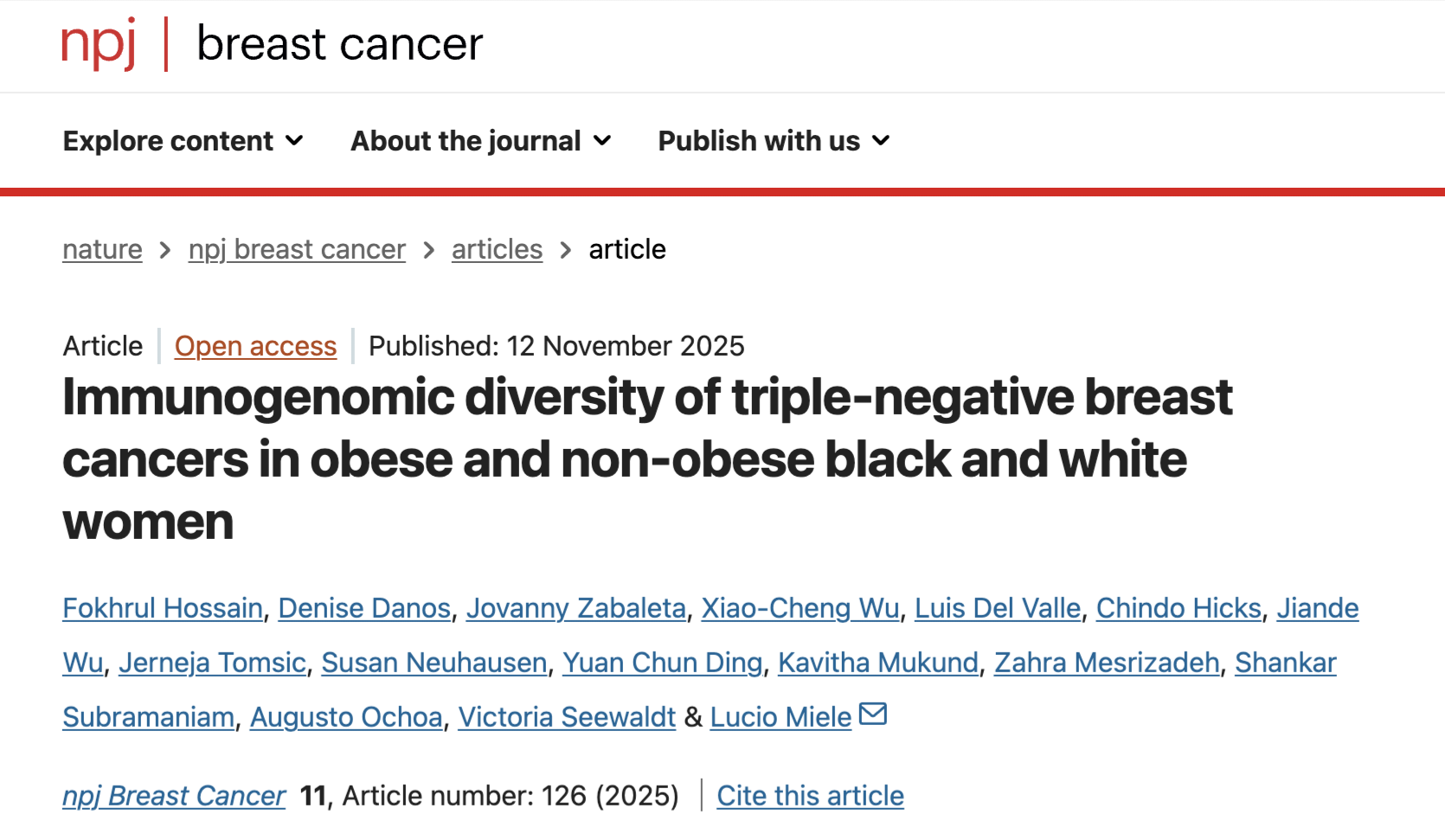
Proximity Fosters Collaboration
Pictured from left: Dr. Victoria Belancio and Dr. Monika Rak
Research published in the journal Cancer Gene Therapy provides insights into the role of human endogenous retroviruses in glioblastoma [Human endogenous retroviruses (HERVs) associated with glioblastoma risk and prognosis, Cancer Gene Therapy]. It is also evidence of the type of cross-institutional collaborations that can arise from having more than 300 cancer researchers working in the Louisiana Cancer Research Center (LCRC) consortium.
Tulane Cancer Center Associate Professor Victoria Belancio, PhD, and LSU LCMC Health Cancer Center Assistant Professor Monika Rak, PhD, initially met through the LCRC Genes X Environment Research Program, but when the two struck up a conversation at the 2024 LCRC Annual Scientific Retreat, they found a mutual research interest that yielded a peer-reviewed publication just about a year later, with more sure to come.
“Monika works on retroviruses. I work on retrotransposons. They are different genetic elements, but they have some overlapping features and require custom-designed technical approaches for their analyses,” Dr. Belancio recalled. “I have significant experience in this area of research, which is new for Monika, and I felt I could help her.”
Dr. Rak has been a member of the LSU LCMC Health Cancer Center faculty for four years. She invited Dr. Belancio to be her co-mentor, together with LSU LCMC Health Cancer Center Professor Krzysztof Reiss, PhD, under LSUHSC’s COBRE grant “Center for Translational Viral Oncology,” led by LSU LCMC Health Cancer Center Professor John West, PhD. Dr. Belancio is assistant director of LCRC’s Cancer Research Training program. Dr. Belancio and Dr. Rak are members of the LCRC Genes X Environment Research Program, co-directed by Dr. West and Tulane Cancer Center Associate Professor Zachary Pursell, PhD.
“I am sincerely thankful to my mentors. Their expertise and guidance have been invaluable,” Dr. Rak shared.
The team, which brings together researchers and core laboratories from LSU Health and Tulane Cancer Center, has submitted a DOD grant application focused on endogenous retroviruses in glioblastoma. They are also working together on developing an R01 application incorporating more cancer types in their studies, which will also investigate underlying mechanisms of the original findings.
Both Dr. Belancio and Dr. Rak agree that being in the same building has made all the difference. "Our collaboration extends far beyond occasional meetings; being just two floors apart in the same building greatly fosters effective teamwork," Dr. Rak added.




